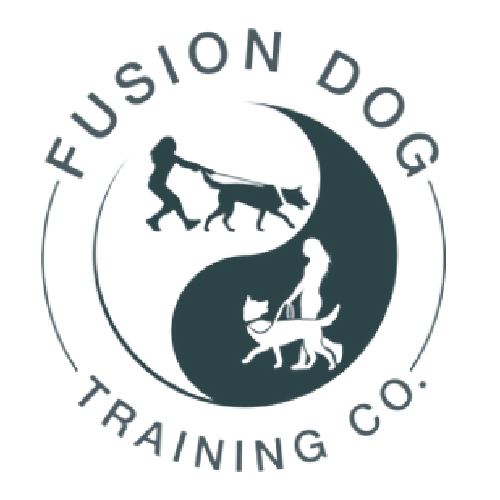Is Board and Train Cruel? An Insight from Fusion Dog Training
For many dog owners, the phrase "board and train" might evoke mixed emotions. On one hand, there's the hope of resolving behavioral issues efficiently; on the other, there's the fear that it may be cruel or akin to abandoning your beloved pet. At Fusion Dog Training in Monument, CO, we aim to dispel these misconceptions by providing a comprehensive understanding of what board and train entails and how it can benefit both dogs and their owners.
What is Board and Train?
Board and train is an immersive dog training program where your dog temporarily stays at a training facility. During this period, professional trainers work intensively with them on various aspects of behavior and obedience. Unlike regular daycare, board and train programs are structured to provide a focused, consistent training environment that caters to the individual needs of each dog.
The Benefits of Board and Train
Focused and Consistent Training
One of the standout advantages of board and train programs is the ability to provide a focused, distraction-free environment that accelerates learning. Dogs are exposed to consistent routines and training sessions, which helps reinforce desired behaviors more effectively than sporadic sessions at home.
Socialization Opportunities
Board and train facilities offer controlled environments where dogs can safely socialize with other dogs and people. This exposure is invaluable for dogs that struggle with social anxiety or reactivity, helping them become more confident and well-adjusted.
Addressing Behavioral Issues
For dogs with specific behavioral challenges—such as aggression, anxiety, or excessive barking—board and train programs offer targeted behavioral modification under professional supervision. Trainers can dedicate time and resources to understand and address these issues more comprehensively than a typical pet owner might manage on their own.
Positive Reinforcement and Tailored Training
At Fusion Dog Training, we believe in positive reinforcement and tailor our training methods to suit each dog's unique needs. This approach ensures that dogs not only learn effectively but also enjoy the training process, making it far from a cruel experience.
Addressing Misconceptions
Not Abandonment, but Learning
A common misconception is that boarding a dog for training is akin to abandonment. In reality, it's a dedicated period focused on the dog's development. Dogs are not only cared for but are engaged, stimulated, and interacted with by professional trainers who aim to strengthen the bond between pet and owner through improved behavior.
High-Level Care and Monitoring
Owners are often concerned about the level of care their dogs receive during board and train sessions. Reputable facilities, like Fusion Dog Training, prioritize the well-being of their furry clients. Dogs are closely monitored, ensuring they are safe, happy, and healthy throughout their stay.
Success Stories from Our Clients
Many dog owners have seen remarkable transformations in their pets through board and train programs. Take Max, a previously anxious Labrador who learned to cope with separation anxiety and now thrives in social settings. Or Bella, a border collie mix who overcame her reactivity towards strangers through consistent training and socialization.
Choosing the Right Facility
To ensure your dog receives humane and effective training, it's crucial to select a reputable board and train facility. Look for programs that emphasize positive reinforcement, provide transparency about their methods and facilities, and have a proven track record of success.
In conclusion, board and train is not a cruel practice; rather, it's a powerful tool for behavioral improvement and learning. At Fusion Dog Training, we strive to provide a compassionate and effective training experience that benefits both dogs and their owners. If you're considering this option, we encourage you to explore how our program can make a difference in your dog's life.



